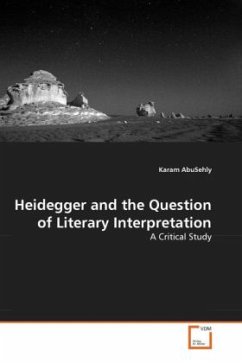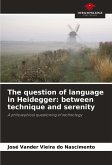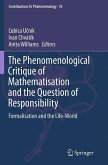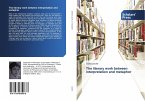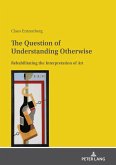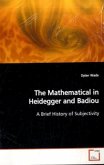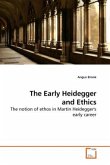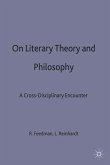Martin Heidegger's fundamental ontology is of tangible influence on the question of interpretation. Finding the history of Being synonymous with the history of the forgetfulness of Being, Heidegger's destruktion of the history of ontology has provided insights into the developments of the twentieth-century literary interpretation. With the publication of Being and Time, the metaphysical foundations of the New Criticism are rigorously questioned. A sense of situatedness of the act of interpretation is foregrounded. With Heidegger, interpretation is a going beyond traditional points of departure, be it the author,representation, or the reader. The work of art can be approached in terms of its revealing of truth. It becomes a thing in itself. This matter-of- factness of the work of art has given way to an absurd tone and a sense of an ending, responsible to a considerable extent for the appearance of deconstruction as a postmodern strategy of reading.
Bitte wählen Sie Ihr Anliegen aus.
Rechnungen
Retourenschein anfordern
Bestellstatus
Storno

